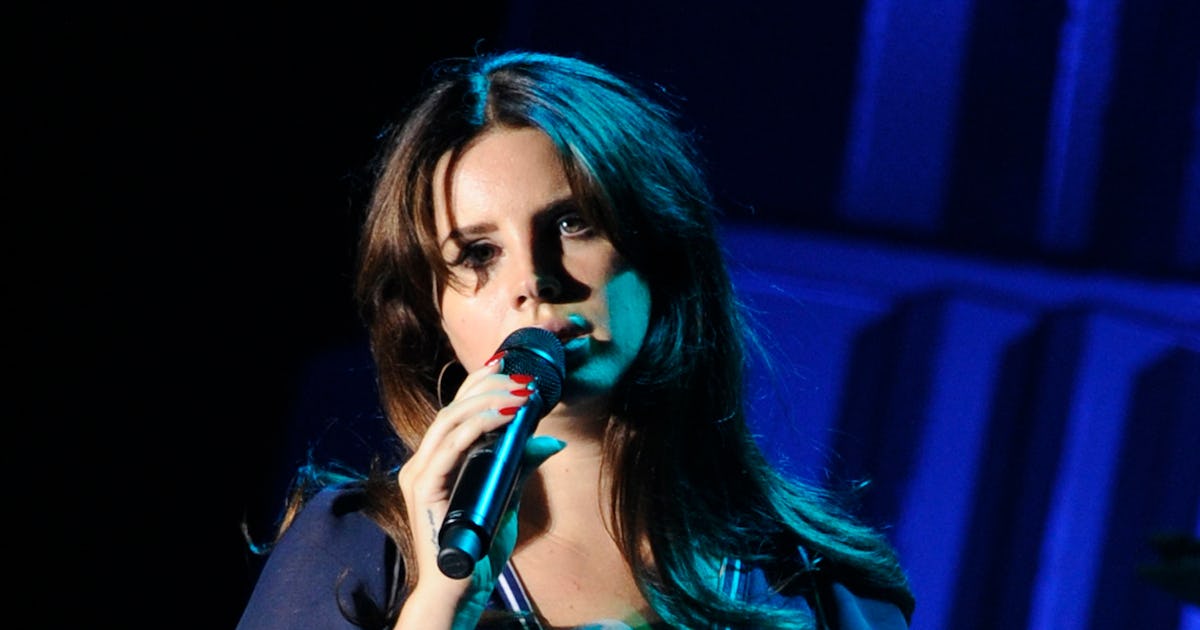List of publicly traded esports teams in 2025: Who’s worth the most?
Image credit: NIP Group, OverActive Media, GameSquare TL;DR The biggest publicly traded esports organization is NIP Group, which has a market cap of $125 million. It was formed in 2023 as a merger between Ninjas in Pajamas and ESV5. Other publicly traded esports teams include GameSquare Holdings, OverActive Media, and Enthusiast Gaming Holdings. You can … Continued The post List of publicly traded esports teams in 2025: Who’s worth the most? appeared first on Esports Insider.
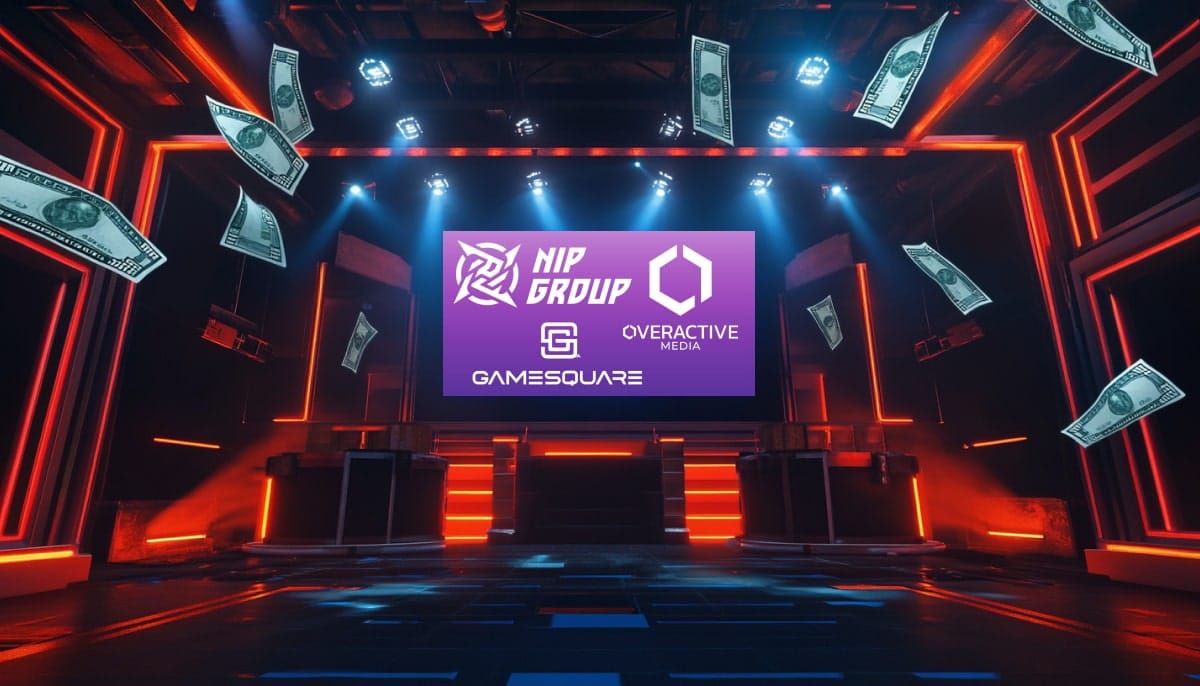
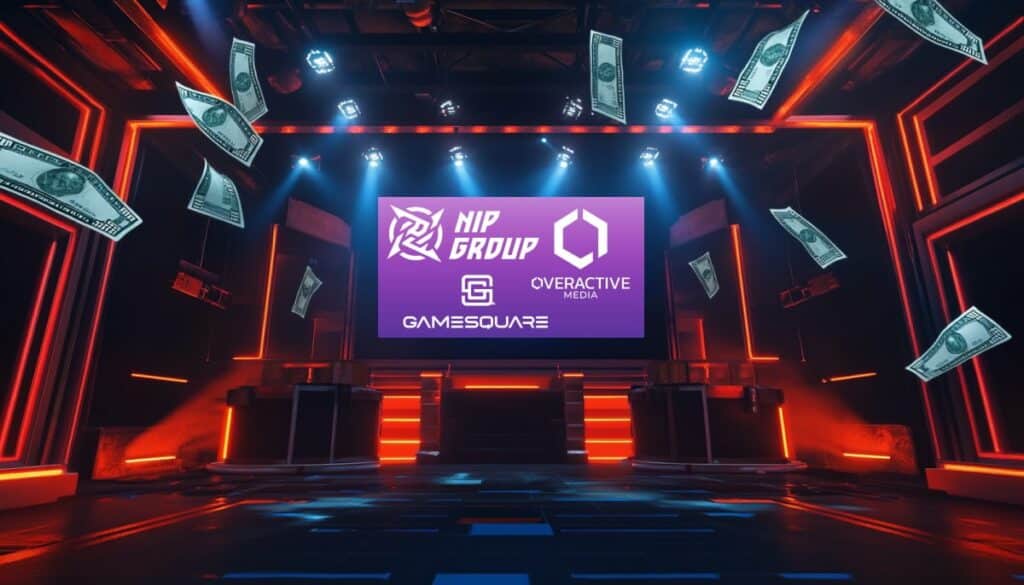
TL;DR
- The biggest publicly traded esports organization is NIP Group, which has a market cap of $125 million.
- It was formed in 2023 as a merger between Ninjas in Pajamas and ESV5.
- Other publicly traded esports teams include GameSquare Holdings, OverActive Media, and Enthusiast Gaming Holdings.
- You can invest in any esports team that’s available on global stock exchanges, but you should do your research first.
- Many of the most profitable esports teams are yet to publicly trade, and it’s not clear whether they ever will.
Success in the fiercely competitive esports world doesn’t come cheap. The annual bill for player salaries, travel, and other costs can easily run into seven figures.
This means that top esports teams need to either win tournaments regularly or have patient financial backers with very deep pockets.
An alternative is floating the business on the stock market. This will not only increase its public profile but also generate funds from selling shares to investors.
Enthusiast Gaming became the first publicly traded company to own an esports team in 2018, followed by Astralis the following year and Guild Sports in 2020. Others quickly followed.
However, the esports industry can be a tough environment, which has seen some teams affected by financial concerns and changing business models.
A string of well-known quoted esports groups have already disappeared over the last couple of years, while the share prices of others have struggled.
Here we name the biggest esports teams whose shares are available to investors and examine the prospects for prominent owners.
We also highlight the most popular esports teams that aren’t publicly traded, look at how to invest in the sector, and reveal the most influential trends.
The biggest publicly traded esports teams in 2025
There aren’t many esports teams that are publicly listed. While a dozen quoted companies were involved just a few years ago, it’s now down to a relative handful.
Even those that are still on global stock exchanges have seen their share prices fall due to the economic downturn and concerns over longer-term profitability.
Here is our esports team list of the main quoted companies around the world that are currently running competitive esports teams.
The most valuable traded esports teams
Here is a list of the quoted companies with the largest market capitalisations, as of May 27, 2025. For ease of comparison, we have converted all the figures into US dollars.
| Position | Name | Market cap |
|---|---|---|
| 1 | NIP Group | $125 million |
| 2 | GameSquare Holdings | $ 30.81 million |
| 3 | OverActive Media | $ 24.67 million |
| 4 | Enthusiast Gaming Holdings | $ 10.34 million |
| 5 | ESE Entertainment | $ 4.06 million |
For those looking at where to invest in esports stocks, here is a more detailed look at each of the main listed companies.
NIP Group
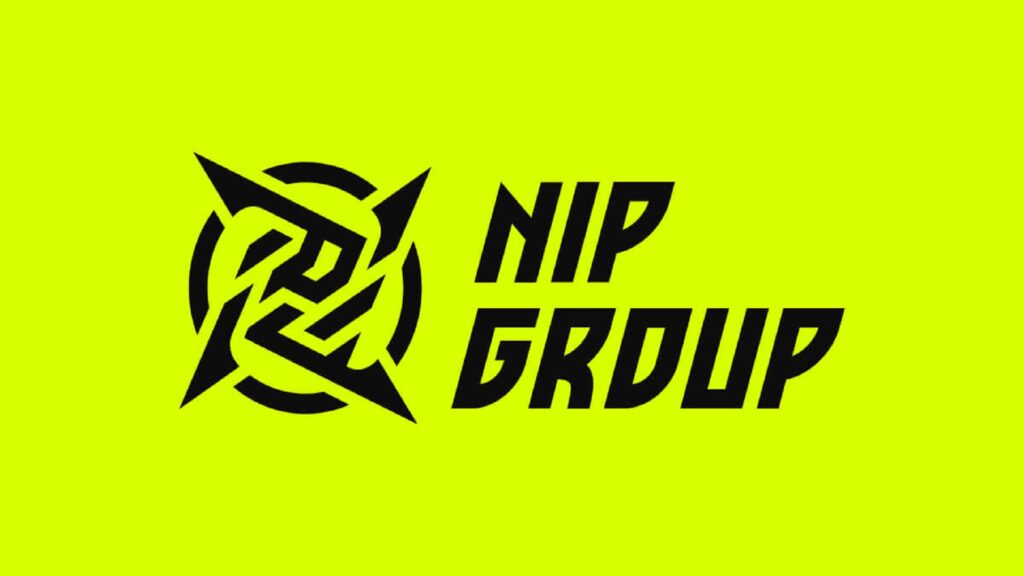
Ninjas in Pyjamas was one of the original pro esports teams that started operating in 2000, during the early days of Counter-Strike.
Its parent company, NIP Group, also operates eStar Gaming, a mobile esports brand that was founded in China back in 2014.
NIP went public in July 2024 in an IPO valued at around $20 million. It currently trades on the Nasdaq under the ticker ‘NIPG’.
Unfortunately, its stock performance has been disappointing. The share price has fallen almost 90% from $10.80 to just $1.32 at the time of writing.
GameSquare Holdings
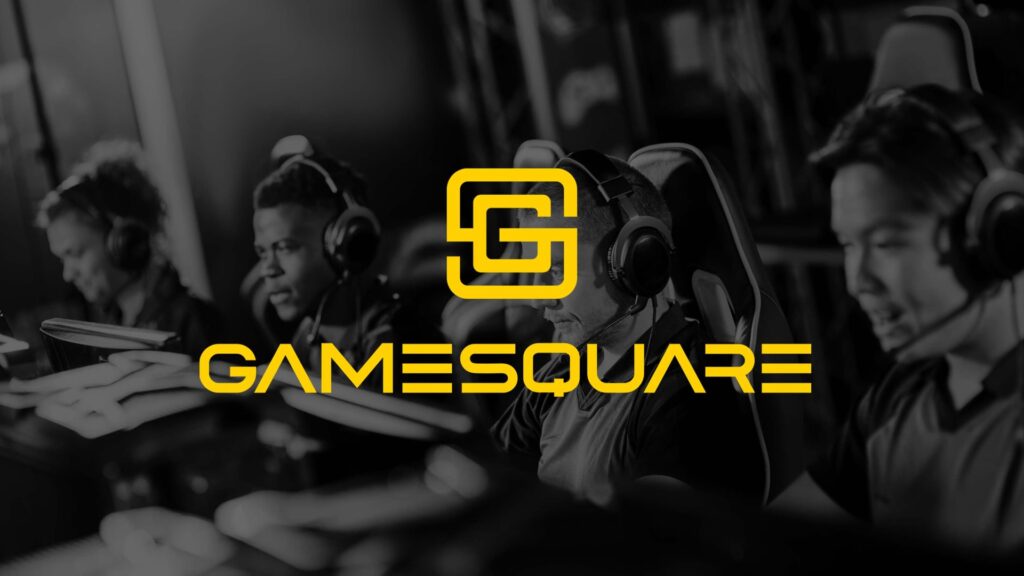
Last year’s purchase of FaZe Clan helped cement US-based GameSquare as a major player among public esports teams.
FaZe Clan was known for the teams operated in popular games such as Rocket League, Call of Duty, and Tom Clancy’s Rainbow Six Siege.
The deal also resulted in GameSquare selling its existing team, Complexity Gaming, to Global Esports Portfolios, an investor group.
GameSquare currently trades on both the Nasdaq Capital Market and TSX Venture Exchange under the ticker ‘GAME’.
Its shares on the Nasdaq were trading at US$0.79 in late May 2025, which is significantly lower than the US$1.3 level of a year ago.
OverActive Media
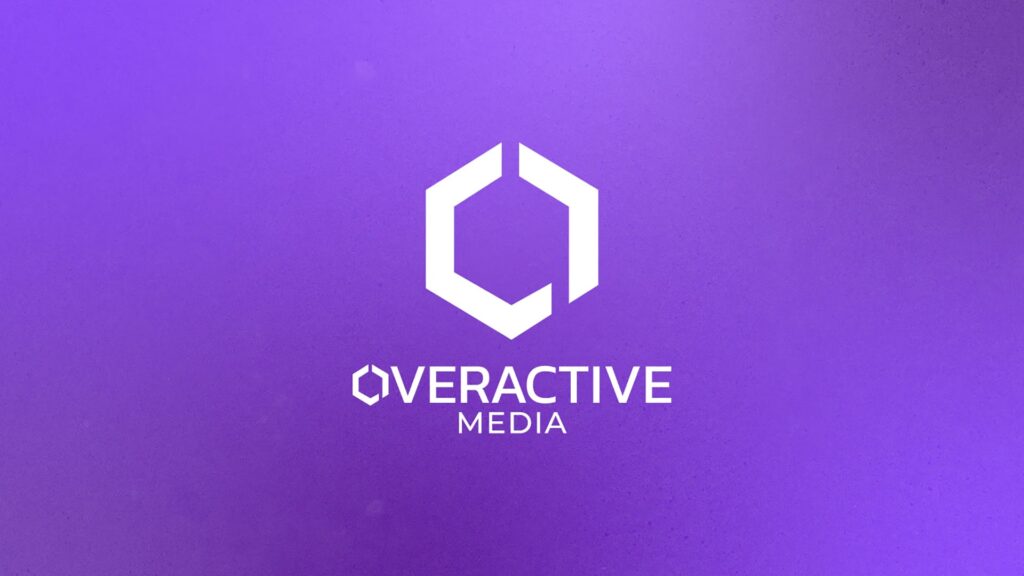
The Canadian company’s professional esports teams include Toronto Ultra, which is known for its prowess in Call of Duty.
The company went public on July 14, 2021, after a merger with Abigail Capital Corporation, a capital pool company listed on the Toronto Venture Exchange (TSXV).
Its shares, which trade under the ticker symbol ‘OAM’, were initially valued at CAD$2.25 each at the time but have endured a challenging few years.
At the time of writing, shares were trading at CAD$0.26. This means they’re up 13% since the start of the year but down 86.1% since going public.
Enthusiast Gaming Holdings
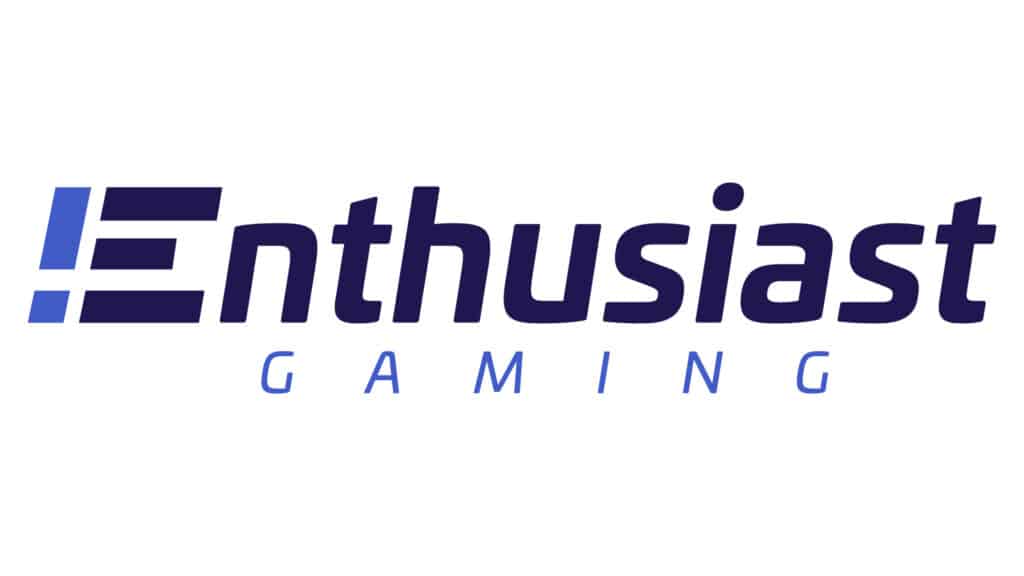
Its brands include Luminosity Gaming, which has forged a reputation for having successful teams in games such as Fortnite, Call of Duty, Apex Legends, and Counter-Strike.
The company also operates Vancouver Surge in partnership with Canucks Sport & Entertainment. The team, previously known as Seattle Surge, competes in Call of Duty.
Enthusiast went public in 2018. It’s listed on the Toronto Stock Exchange, where its shares are traded under the ticker ‘EGLX’. It was on the Nasdaq but delisted in October 2023.
At the time of writing, the company’s EGLX shares were worth CAD$0.06. They have lost more than half their value since the start of 2025.
ESE Entertainment
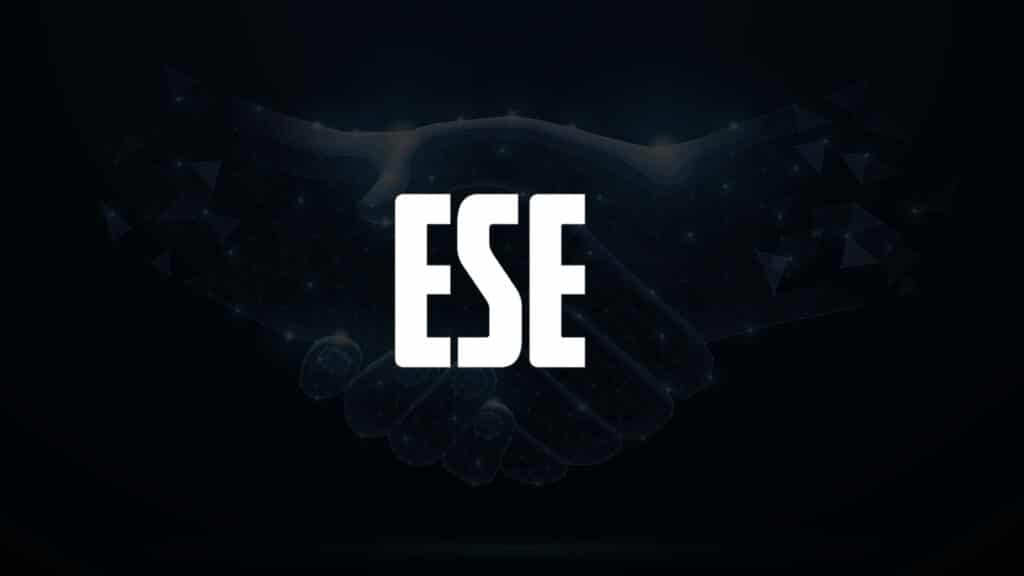
The entertainment and technology company was founded in 2019 by Konrad Wasiela, a former Canadian professional football player. It went public in August 2020.
A few months later, it entered into an asset purchase agreement with Pedro Fernandes, owner of the K1CK Esports Club.
K1CK was founded in the late 1990s. It has forged a reputation in games such as Counter-Strike, League of Legends, and FIFA.
ESE currently trades on the TSX Venture Exchange under the ticker ‘ESE’ and on the OTCQX market under ‘ENTEF’.
ESE stock was trading around CAD$3 at its peak in early 2021, but at the time of writing, shares are priced at just CAD$0.05. Over the past year, they’ve lost almost 55% in value.
Esports teams that don’t yet trade publicly

Many of the most profitable esports teams aren’t publicly traded. This means that you can’t buy shares in these businesses at least for the time being.
These organisations often have wealthy, famous backers and have proved themselves to be successful without the need for further fundraising.
Team Liquid, which was established back in 2000 and fields teams in 15 esports, has accumulated the highest earnings of $54 million.
The privately owned investment firm aXiomatic bought a controlling interest in Team Liquid back in September 2016.
At the time of writing, no esports teams are being rumoured to float on stock markets, although this may change as it’s a fast-moving sector.
The second-highest-earning team is OG Esports. This is another private operation that was founded a decade ago by Johan ‘n0tail’ Sundstein.
It was originally known for its successful Dota 2 Roster, but over the years has established a presence in multiple esports divisions.
How to invest in esports teams
Investors who have a passion for this area are likely to ask the same question: are any esports teams publicly traded? The answer is yes.
While it’s not possible to invest in all esports teams, you can get access to those whose shares are listed on global stock exchanges.
So, what do those looking at how to invest in esports stocks need to know? Here are some key points to help kickstart an investment journey.
- Be clear on your goals
- Consider your risk appetite
- Decide on your approach
- Establish the best route
- Monitor your positions
Be clear on your goals
Decide what you’re hoping to achieve by investing. For example, are you wanting to financially back a particular team or board exposure to esports stocks?
As this is likely to be an unpredictable area, it makes sense to only have exposure as part of a diversified portfolio.
Consider your risk appetite
Can you afford to invest? Are you relaxed about stock market volatility, or will even temporary drops in the stock price give you sleepless nights?
The golden rule is to never invest what you can’t realistically afford to lose, as the value of your holding may fall.
Decide on your approach
You need to carry out research. Establish which esports teams are publicly traded and see how their share prices have performed.
You’ll also need to decide if their outlook is positive, based on a combination of analysts’ views and your own opinions.
Establish the best route
There are numerous brokerages available through which you can buy individual stocks. Many of these are online, so do your research to see which one is most suitable.
You may prefer to opt for Exchange Traded Funds (ETFs), which invest in a ‘basket’ of similar stocks. This can help reduce your risk.
Monitor your positions
Deciding where and how to invest is only the first step. You should continually monitor your holdings to ensure your chosen investments still meet your needs.
However, avoid making knee-jerk decisions and ensure you understand why a stock has risen or fallen in value before cutting it from your portfolio.
Predicted esports trading trends
It’s useful to consider the latest esports trends before deciding whether or not to invest in this area. Here we highlight some of the most relevant pros and cons.
Falling share prices
Investors in companies running esports teams have had a pretty miserable time over the last few years, especially if they bought into the stock when it went public.
Our analysis of share price movements reveals that many of them have lost around 80% of their value, and this could be down to a number of factors.
Demand for the stock being overvalued from the start could be one reason, as well as analyst concerns over costs and revenue streams.
Negative market sentiment, low investor confidence, broader economic problems, and geopolitical concerns have also weighed heavily on valuations.
Soaring global growth
The global esports market was valued at US $2 billion in 2023 but is expected to be worth $5.5 billion by 2029, according to analysis by Research and Markets.
However, it’s worth pointing out that this means the entire market, including streaming platforms and games, rather than just competitive esports teams.
The analysis suggests the Asia Pacific region, led by China, Korea, and Japan, will drive demand due to strong gaming cultures, investment, and massive fan bases.
Potential in the Middle East
The Middle East has been branded “one of the most promising growth markets for esports organisations” in a report from PwC, the professional services business.
In particular, it highlights the potential of Saudi Arabia, which has a “young, tech-savvy population” and strong government support for the sector.
According to the study, publishers can unlock the full potential of the region by designing games tailored for competitive play and building vibrant esports ecosystems.
Transformative live streaming
The growing trend of live streaming is “significantly transforming” the esports industry, according to analysis from Grand View Research.
This has led to an increasing number of gamers and fans engaging with content on platforms such as Twitch and YouTube, which extends audience reach.
The report also claimed that substantial investment from global stakeholders was helping to fuel the esports ecosystem’s development.
“Venture capitalists, media companies, and major brands recognise the lucrative potential of esports and are investing in infrastructure, content creation, and talent development,” it added.
Conclusion
It’s possible to invest in publicly traded esports companies, but there are potential pitfalls. The main one is the risk of losing money.
Unfortunately, the share prices of listed businesses have fallen dramatically over the last couple of years, and there’s no guarantee that they will recover.
However, this remains a fast-growing, exciting area with loads of potential from expanding into new markets and attracting both funding and esports sponsorships.
Investors will hope that continued esports industry growth will result in share prices rising over the next few years, but you’ll need to make your call.
FAQs
Yes. Some are publicly traded, but the performance of many e-gaming stocks
have been extremely poor over the last few years. A number of previously quoted companies have also delisted.
Would-be investors may ask: Does esports have a stock? While there isn’t one stock, you can buy shares in sports teams. However, you’ll need to decide if this is a sensible move based on your investment objectives and attitude to risk.
Team Liquid has been the most financially successful with total prize earnings of almost $55 million, according to Esports Earnings.
Enthusiast Gaming was the first esports team owner to go public when it completed a reverse merger in 2018. Astralis was the first to go public via a traditional IPO in late 2019, while Guild Esports was the first such company to be admitted to the London Stock Exchange in 2020.
References
- https://www.enthusiastgaming.com/wp-content/uploads/2023/10/EGLX-Nasdaq-Delisting-FAQs.pdf (Enthusiast Gaming)
- https://www.researchandmarkets.com/reports/6061708/esports-market-outlook (Research and Markets)
- https://www.pwc.com/m1/en/publications/2025/docs/game-publishers-the-cornerstone-of-esports.pdf (PwC)
- https://www.grandviewresearch.com/industry-analysis/esports-market (Grand View Research)
- https://www.esportsearnings.com/teams (Esports Earnings)
The post List of publicly traded esports teams in 2025: Who’s worth the most? appeared first on Esports Insider.
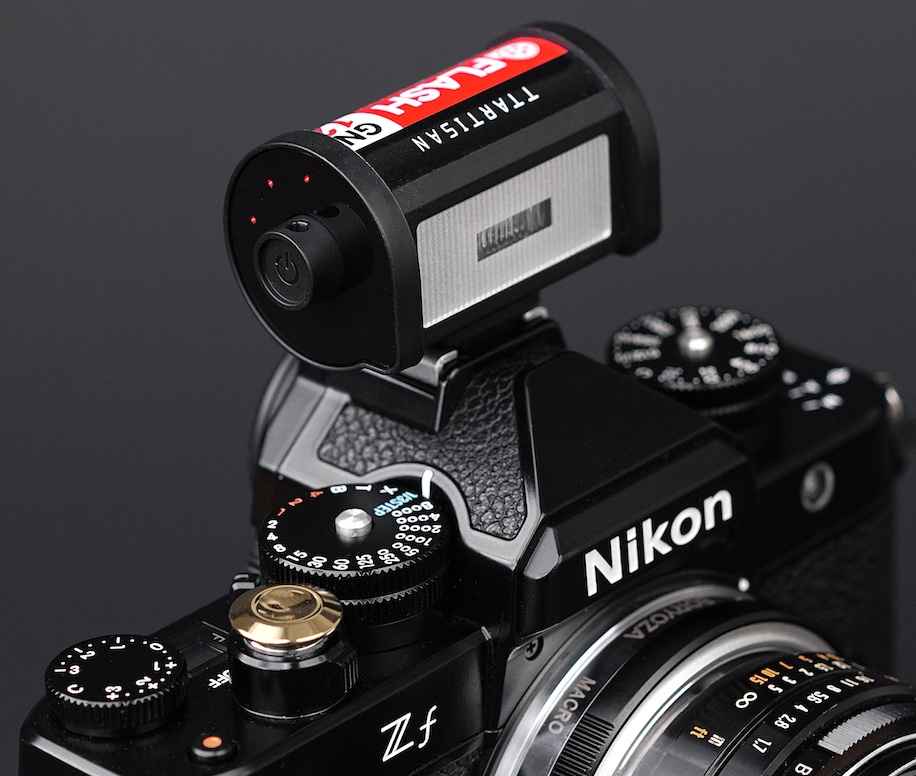




































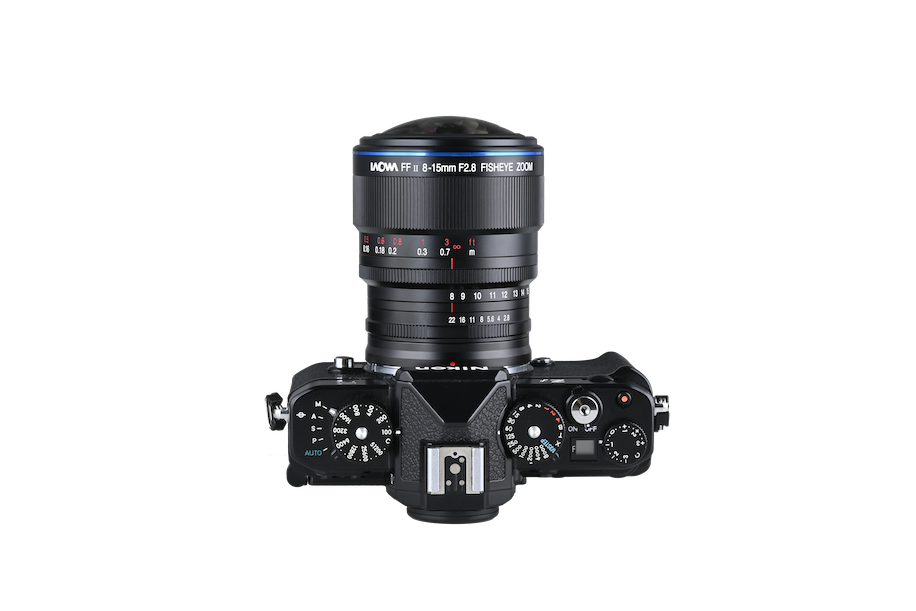



















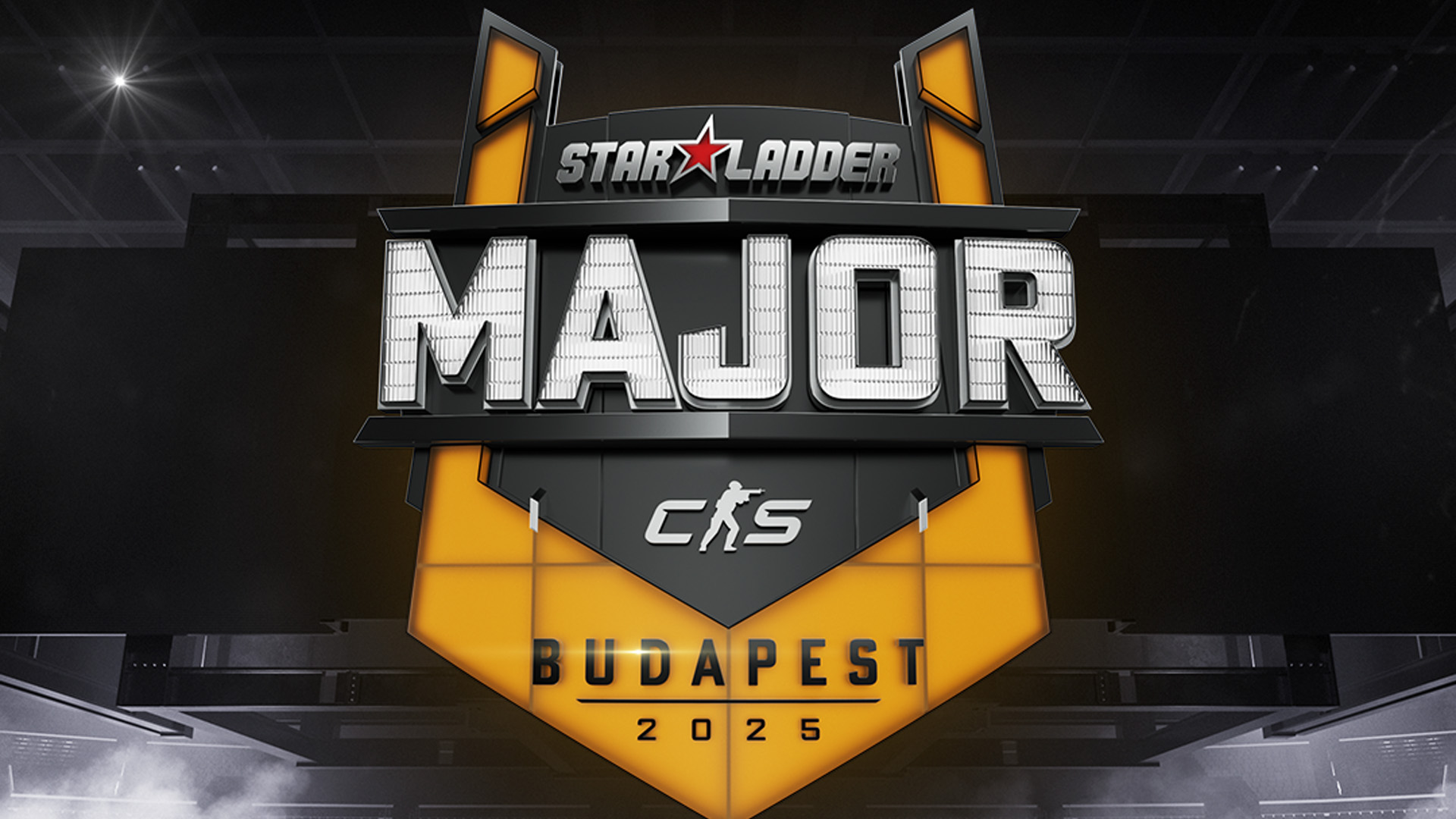


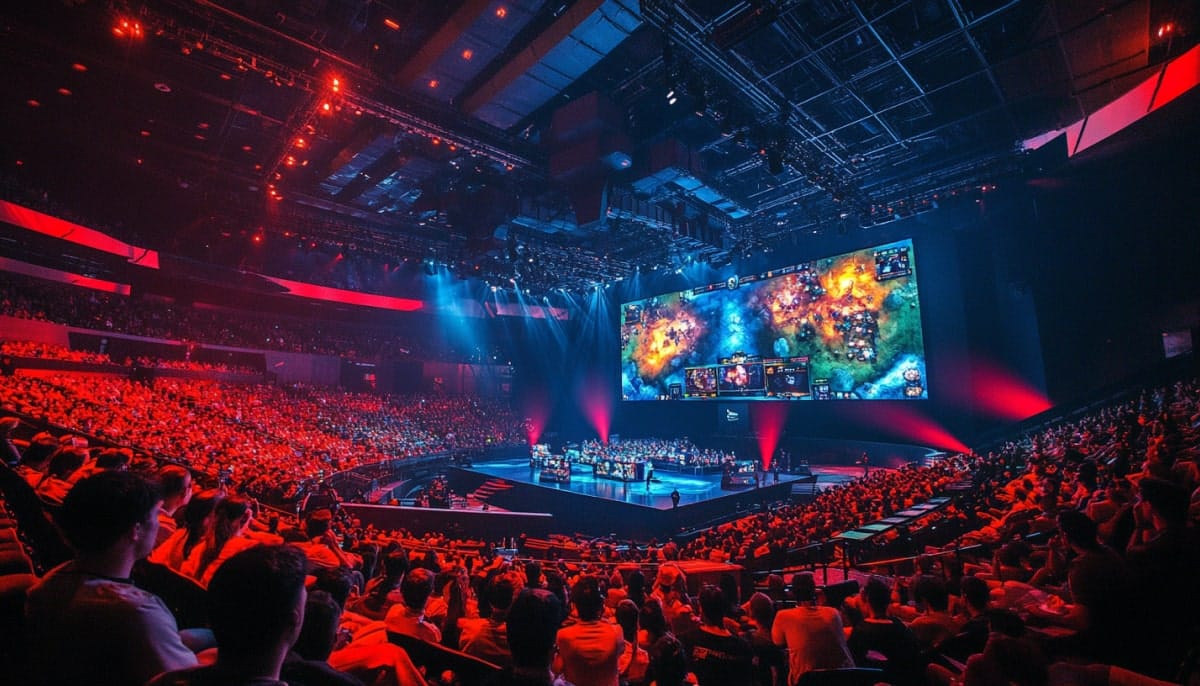
















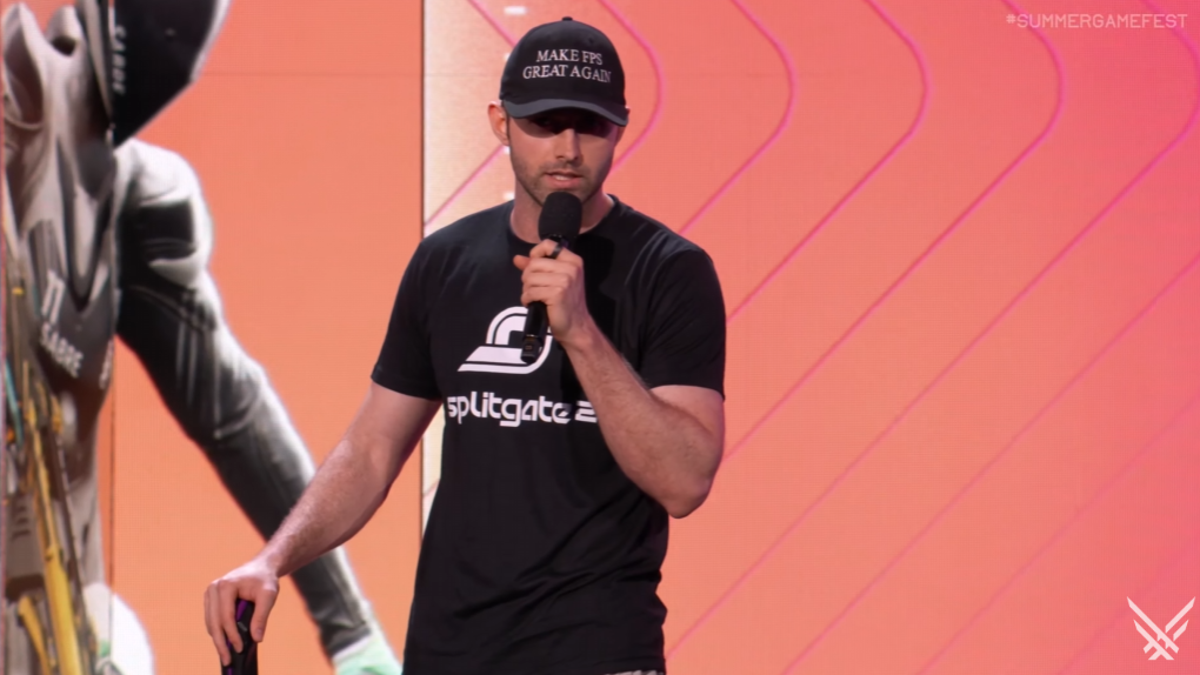






































































































.jpeg)

















